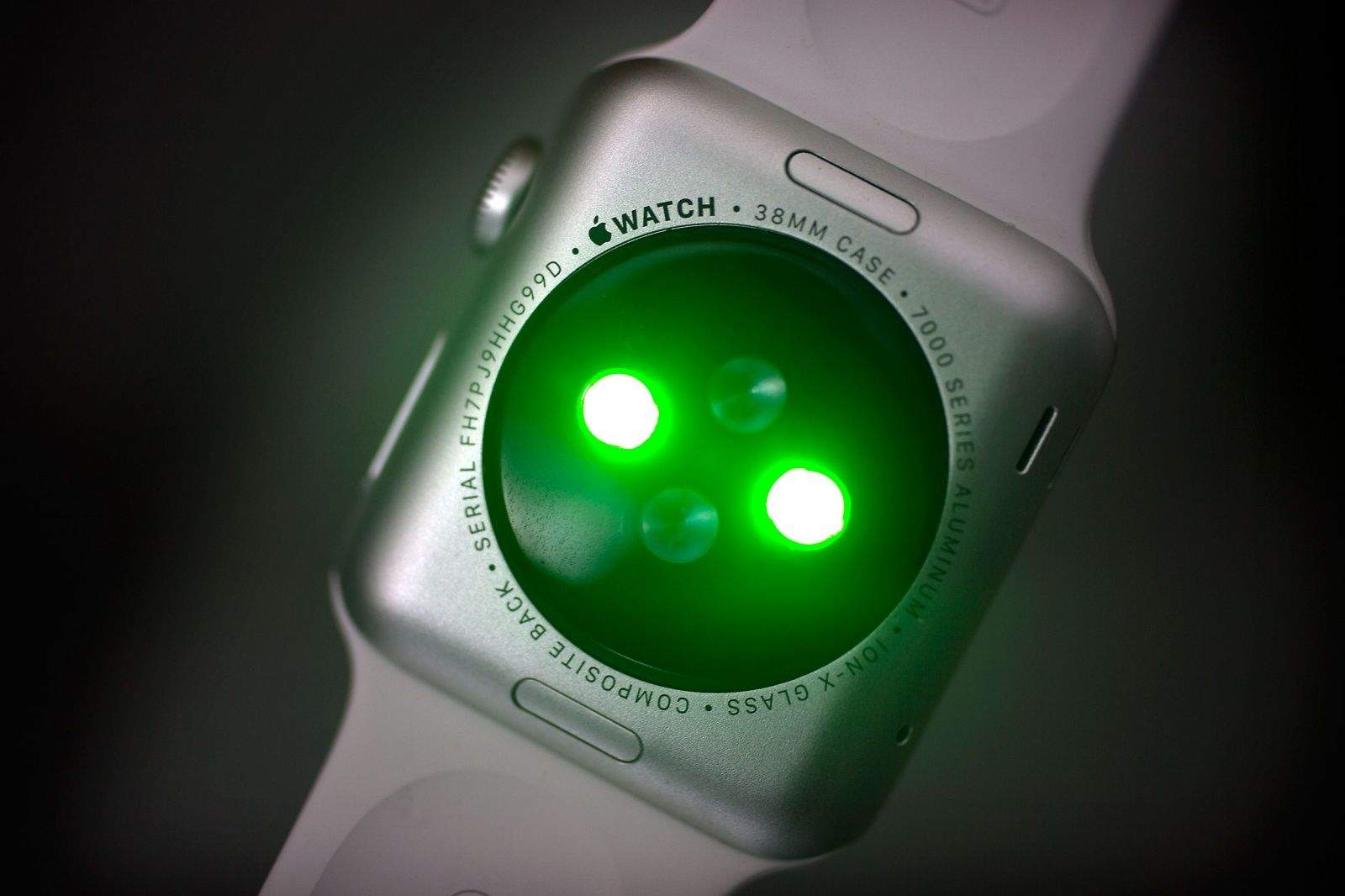Researchers from the Mayo Clinic are worried that false positives from the Apple Watch’s pulse-reading sensor could overburden medical services.
This is the pulse rate sensor available with all models of Apple Watch. It is not to be confused with the newer ECG heart rate feature on newer devices.
“The observation that new clinically actionable cardiovascular diagnoses of interest were diagnosed in only 11.4% of patients following medical evaluation as directed by the treating provider suggests a high false positive rate as a screening tool for undiagnosed cardiovascular disease,” the Mayo Clinic researchers wrote in the Journal of the American Medical Informatics Association. “False positive screening results have the potential to lead to excessive healthcare resource utilization and anxiety among the ‘worried well.’”
The study examined 264 patients in total. All had experienced an abnormal pulse rate recorded on their Apple Watch during a four-month period. Adding a degree of complexity, however, is the fact that only 15.5 percent of these patients had records that specifically stated they had received an abnormal pulse alert on their Apple Watch. Others may have seen a report of abnormal pulse on their watch, but did not necessarily receive a generated alert. (In other words, these could have been self-generated checks.)
The cause for (potential) concern comes from the fact that only 11 percent had a clinically actionable diagnoses. That means that other alerts were, possibly, false positives.
Analyze results carefully
“The FDA and Apple must carefully consider the unintended consequences of widespread direct-to-consumer screening for asymptomatic atrial fibrillation, including overutilization of healthcare resources owing to false positive screening results and use of screening tools by users in whom they have not been adequately studied,” the researchers wrote.
It’s an interesting study, although it sounds like there is more digging that could be done. For instance, if the 11 percent with an actionable diagnosis lines up with the 15.5 percent who received abnormal pulse notifications that is a sign of impressively accurate technology for Apple. Other studies which have analyzed Apple Watch’s health-tracking tech — particularly its ECG tech — have generally been very positive.
Ultimately, from the perspective of a patient it is probably better to generate false positives instead of false negatives. But an overloaded medical system may look at things differently, particularly if there are so many more false positives.
Via: Mobihealthnews


